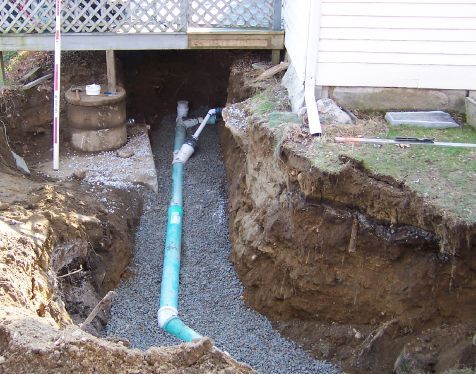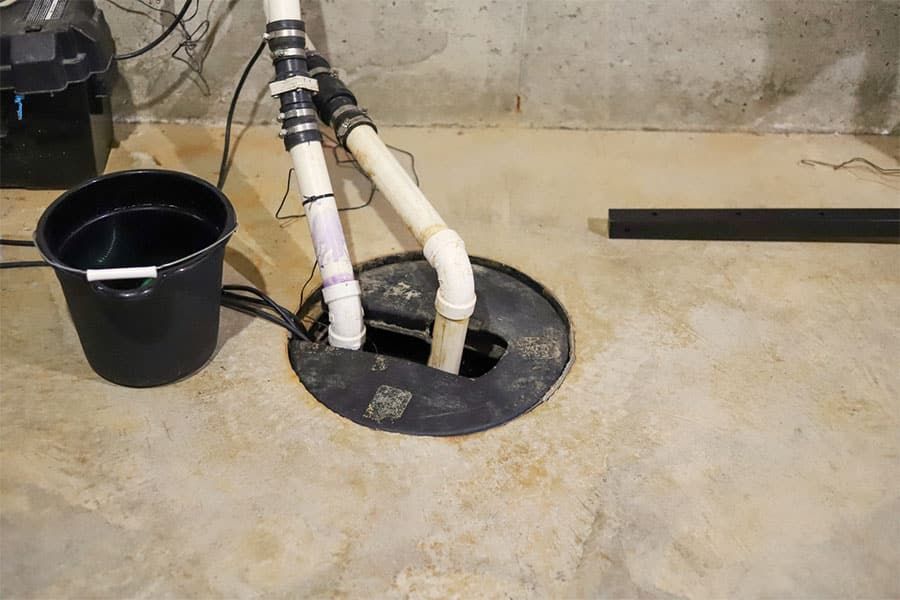Why Is My Sump Pump Making Noise? Common Issues Explained
Your sump pump is one of the hardest-working parts of your home, tirelessly protecting your basement from water damage. But what happens when it starts making strange noises? Those sounds aren’t just annoying; they’re often the first sign of trouble. If you ignore them, you might end up with a flooded basement or expensive repairs. Let’s dive into what these noises mean and what you can do about them.
"The Benefits of Installing a Battery Backup for Your Sump Pump"
Common Noises and What They Mean
1. Gurgling Sounds
If your sump pump sounds like it’s gargling, the culprit is usually air trapped in the discharge line or poor pipe installation. As water flows through the system, it creates bubbles or vacuum effects that cause this unsettling sound.
What to Do: Adjust the check valve to ensure proper water flow and clear out any obstructions in the discharge line.
2. Clanging or Banging
Does it sound like your sump pump is auditioning to be in a rock band? This is typically caused by discharge pipes moving when the pump operates. Loose fittings or a lack of proper support can make the pipes rattle against walls or other surfaces.
What to Do: Secure the pipes with brackets and consider adding insulation to reduce movement and noise.
3. Humming Without Pumping Water
A quiet hum might not seem like a big deal, but if your sump pump hums without actually moving water, it’s a red flag. This can happen when the impeller gets jammed or the discharge line is blocked.
What to Do: Turn off the pump, inspect for debris, and clear out the impeller or line. If the motor is damaged, it’s time to call a professional.
4. Grinding or Rattling Noises
A grinding or rattling noise is often caused by worn-out bearings or debris stuck in the impeller. Over time, these components wear down, making the pump noisy and less efficient.
What to Do:
Unplug the pump and inspect the impeller for any blockages. If the grinding persists, the bearings may need to be replaced.
5. Loud Thudding (Water Hammer Effect)
A loud thud when the pump shuts off is likely due to water hammer—pressure shockwaves created when a valve closes too quickly. This can strain your pipes and increase noise levels.
What to Do: Install a quiet check valve designed to prevent water hammer and reduce noise.
6. Continuous Running Noise
If your sump pump sounds like it’s running a marathon, it could mean the float switch is stuck, or the pump is too large for the pit. Either way, it’s overworking and could burn out.
What to Do: Adjust or replace the float switch. If the pump is oversized, consult a plumber to explore better options for your system.
When to Call a Professional
Some sump pump noises are straightforward to fix, but others require a trained eye. If your pump is making grinding noises despite a cleaned impeller, or it’s continuously running even after troubleshooting, it’s time to call a professional. Delaying repairs can lead to system failure, a flooded basement, and thousands in water damage. Routine maintenance by a plumber can help you catch issues early and keep your sump pump in top condition.
Tips to Keep Your Sump Pump Quiet
Perform Regular Maintenance: Clean the impeller, check the float switch, and clear the discharge line regularly.
Use Vibration-Dampening Materials: Add rubber grommets or pads under the pump to absorb vibrations.
Secure Your Pipes: Tighten brackets and add insulation to prevent movement and clanging.
Upgrade to a Quieter Model: If noise is a consistent issue, consider investing in a sump pump designed for quiet operation.
Conclusion: Don’t Ignore the Sounds of Trouble
Your sump pump is a vital part of your home’s defense against water damage. When it starts making noise, it’s trying to tell you something. Gurgles, thuds, or grinding aren’t just annoying—they’re warning signs that you shouldn’t ignore. By understanding the cause of these noises and addressing them promptly, you can avoid costly repairs and keep your basement dry. If in doubt, call a professional plumber to diagnose and fix the problem before it escalates.
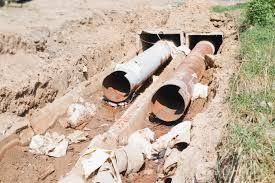
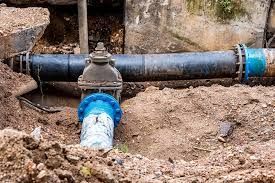

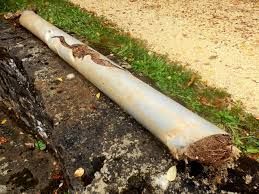

CONTACT INFORMATION
Office:
855-266-7682
Email:
service@AllCityPlumbers.com
Address: 6694 Oak Ridge Commerce Way, Austell, GA 30168
Business Hours:
Mon - Sun 24 Hours
OUR SERVICES
© 2022 All Rights Reserved|All City Plumbers Privacy Policy | Terms & Conditions | Sitemap

